External Advisory Board
The External Advisory Board of our cluster consists of six internationally outstanding scientists, who support the cluster in the pursuit of its objectives and advise the STRUCTURES steering committee and the rectorate of Heidelberg University in matters of the cluster.
The members of the EAB are:
Jeffrey Brock
Yale University
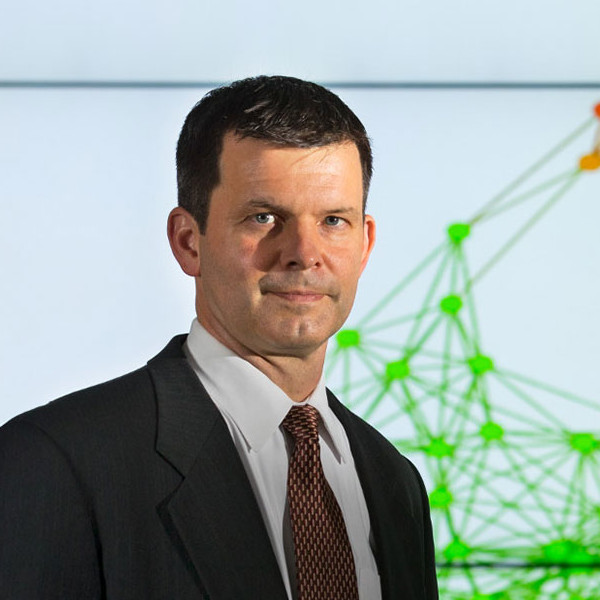
Jeffrey Brock is the Dean of the School of Engineering & Applied Science and the Zhao and Ji Professor of Mathematics at Yale University. His research focuses on low dimensional geometry and topology, particularly hyperbolic geometry. His work on William Thurston’s program to understand hyperbolic 3-manifolds led to their geometric classification in joint work with Richard Canary and Yair Minsky. More recently, he has worked to advance geometric and topological methods in analysis of large, complex data sets. He was an undergraduate at Yale, and obtained his Ph.D. at U.C. Berkeley, after which he held positions at Stanford and U. Chicago, before moving to the Brown University Math Department, which he Chaired from 2013 to 2017. In 2016 he served as founding Director of Brown’s Data Science Initiative. He moved to Yale in 2018, joining the Mathematics Department and serving as the inaugural Dean of Science in the Faculty of Arts and Sciences. He was a Guggenheim Fellow in 2008 and was elected Fellow of the American Mathematical Society in 2017.
Alyssa A. Goodman
Harvard University
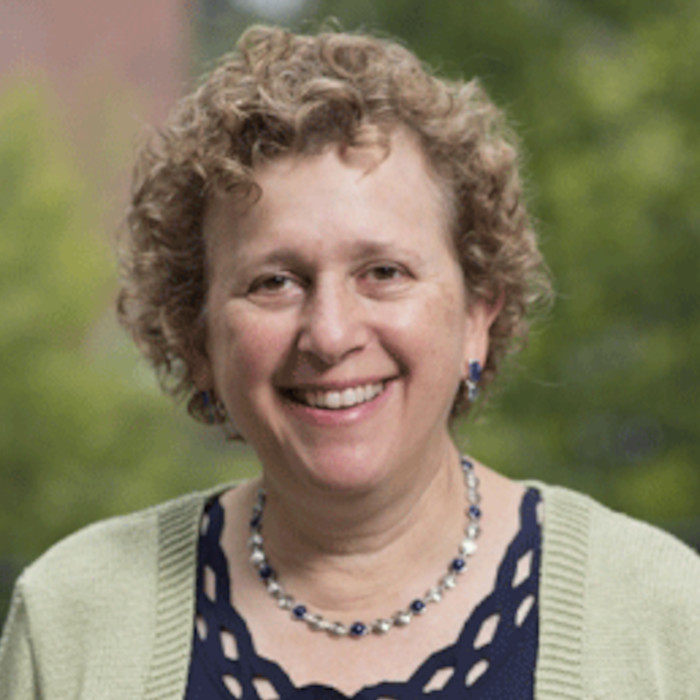
Alyssa Goodman is the Robert Wheeler Willson Professor of Applied Astronomy at Harvard University, and a Research Associate at the Smithsonian Institution. Goodman's research and teaching interests span astronomy, data visualization, prediction, and online systems for research and education. She received her undergraduate degree in Physics from MIT in 1984 and a Ph.D. in Physics from Harvard in 1989. Recognized with the Newton Lacy Pierce Prize in 1997, Goodman became a full professor at Harvard in 1999. She was elected a Fellow of the American Association for the Advancement of Science in 2009 and Scientist of the Year by the Harvard Foundation in 2015. At Harvard, she served as founding Director of Harvard's Initiative in Innovative Computing and co-Director for Science at Radcliffe Institute for Advanced Study. She currently serves on the Steering Committee of Harvard’s Data Science Initiative while fostering Harvard's efforts on Data+Climate. Goodman has also been recognized for her work on science communication, including the Frank Drake and Patrusky Lecture awards.
Volker Bach
Technische Universität Braunschweig
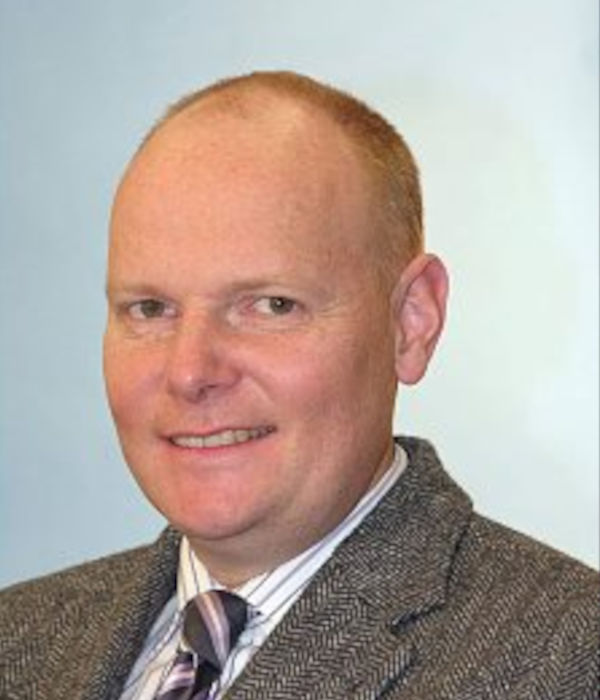
Prof. Dr. Volker Bach (born 1965) studied mathematics and physics at the Technical University of Braunschweig and earned his Ph.D. from ETH Zurich in 1992. After research stays in Princeton and at the Technical University of Berlin, he was appointed as a professor of differential equations at the University of Mainz in 1999, a position he held until 2010. Since October 2010, he has been a professor of applied analysis at the Carl Friedrich Gauss Faculty of the Technical University of Braunschweig. His research focuses on mathematical physics, specifically quantum mechanics and quantum field theory.
Wolfgang Ketterle
Massachusetts Institute of Technology
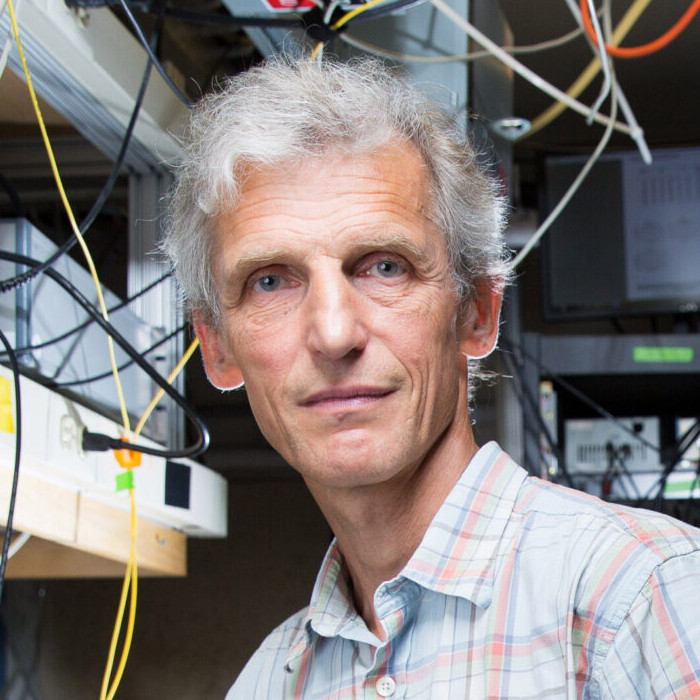
Wolfgang Ketterle has been the John D. MacArthur Professor of Physics at MIT since 1998. He received a diploma (equivalent to master’s degree) from the Technical University of Munich (1982), and the Ph.D. in physics from the University of Munich (1986). He did postdoctoral work at the Max-Planck Institute for Quantum Optics in Garching and at the University of Heidelberg in molecular spectroscopy and combustion diagnostics. In 1990, he came to MIT as a postdoc and joined the physics faculty in 1993. Since 2006, he is the director of the Center of Ultracold Atoms, an NSF funded research center, and Associate Director of the Research Laboratory of Electronics. His research group studies properties of ultracold atomic matter.
Stefano Soatto
University of California at Los Angeles
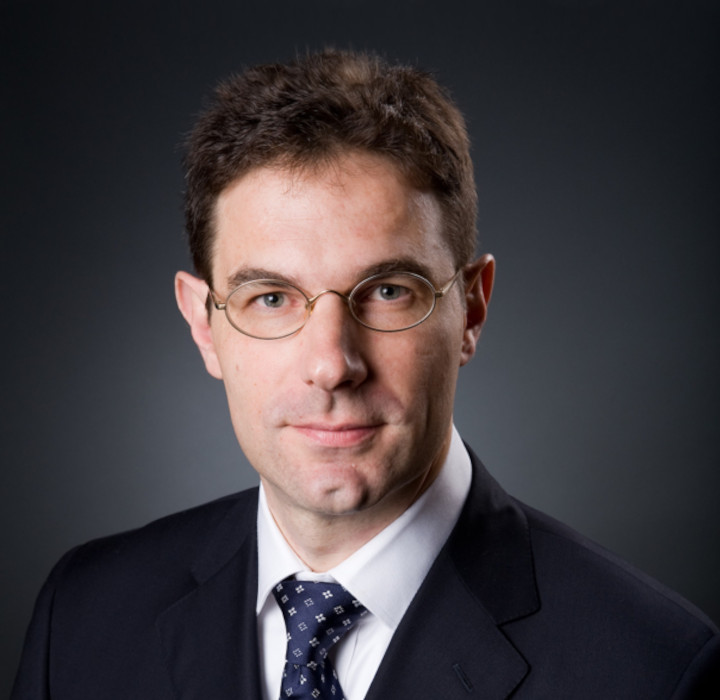
Professor Soatto received his Ph.D. in Control and Dynamical Systems from the California Institute of Technology in 1996; he joined UCLA in 2000 after being Assistant and then Associate Professor of Electrical and Biomedical Engineering at Washington University, and Research Associate in Applied Sciences at Harvard University. Between 1995 and 1998 he was also Ricercatore in the Department of Mathematics and Computer Science at the University of Udine - Italy. He received his D.Ing. degree (highest honors) from the University of Padova in 1992. His research interests are Computer Vision and Nonlinear Estimation and Control Theory. Dr. Soatto is the recipient of the David Marr Prize (with Y. Ma, J. Kosecka and S. Sastry of U.C. Berkeley) for work on Euclidean reconstruction and reprojection up to subgroups. He also received the Siemens Prize with the Outstanding Paper Award from the IEEE Computer Society for his work on optimal structure from motion (with R. Brockett of Harvard). He received the National Science Foundation Career Award and the Okawa Foundation Grant.
Matthias Troyer
Microsoft Research
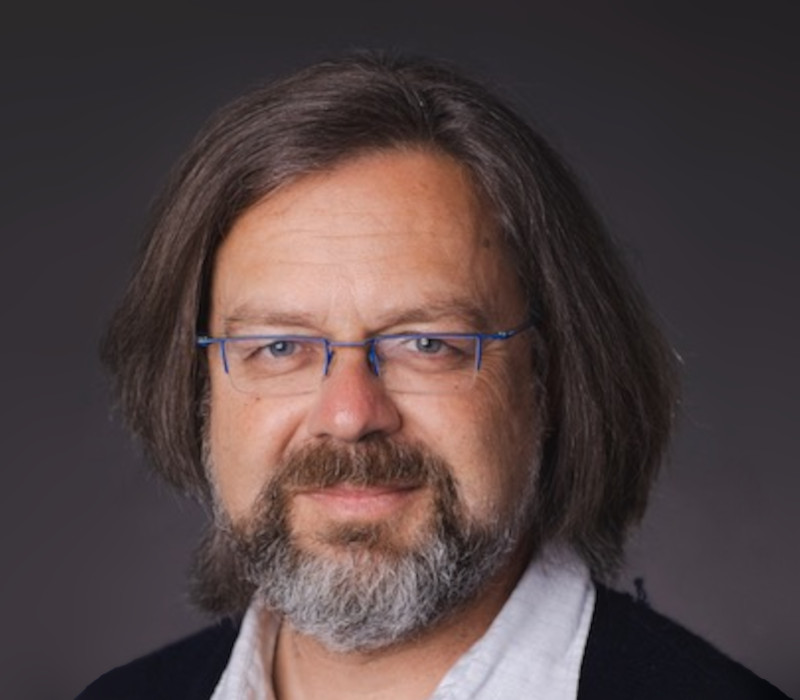
Dr. Matthias Troyer is accountable for architecting Microsoft’s quantum computer and applications. His work at Microsoft is focused on accelerating scientific discovery globally by bringing to bear the benefits of a scaled, fault tolerant quantum system to the world ins secure and responsible ways. He received his PhD from ETH Zurich in Switzerland in 1994. Afterwards, he spent time as a post-doctoral fellow at the University of Tokyo, then returned to ETH Zurich as a Computational Physics professor. He joined Microsoft in 2017. Dr. Troyer is also a Fellow of the American Physical Society and President of the Aspen Center for Physics. He is the recipient of the Hamburg Prize for Theoretical Physics and the Rahman Prize for Computational Physics of the American Physical Society “… for pioneering numerical work in many seemingly intractable areas of quantum… physics and for providing efficient sophisticated computer codes to the community.”
